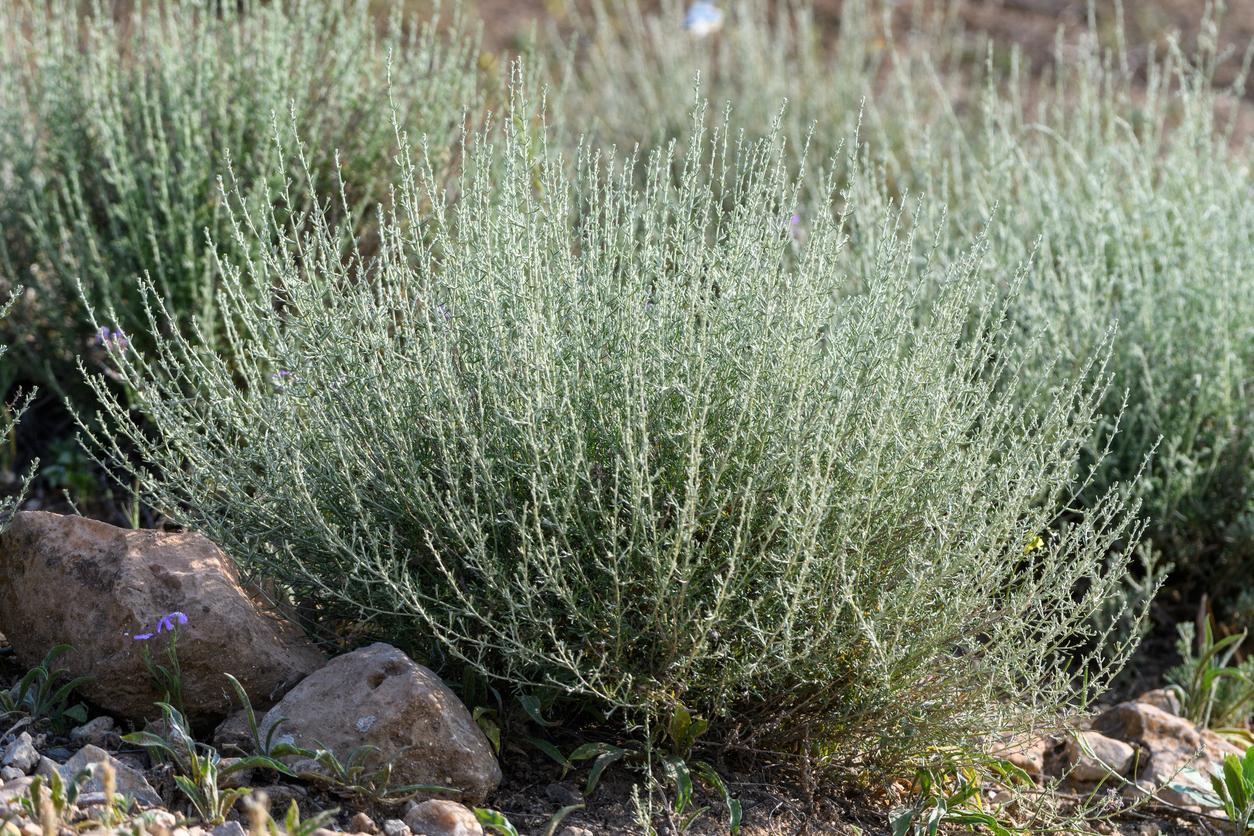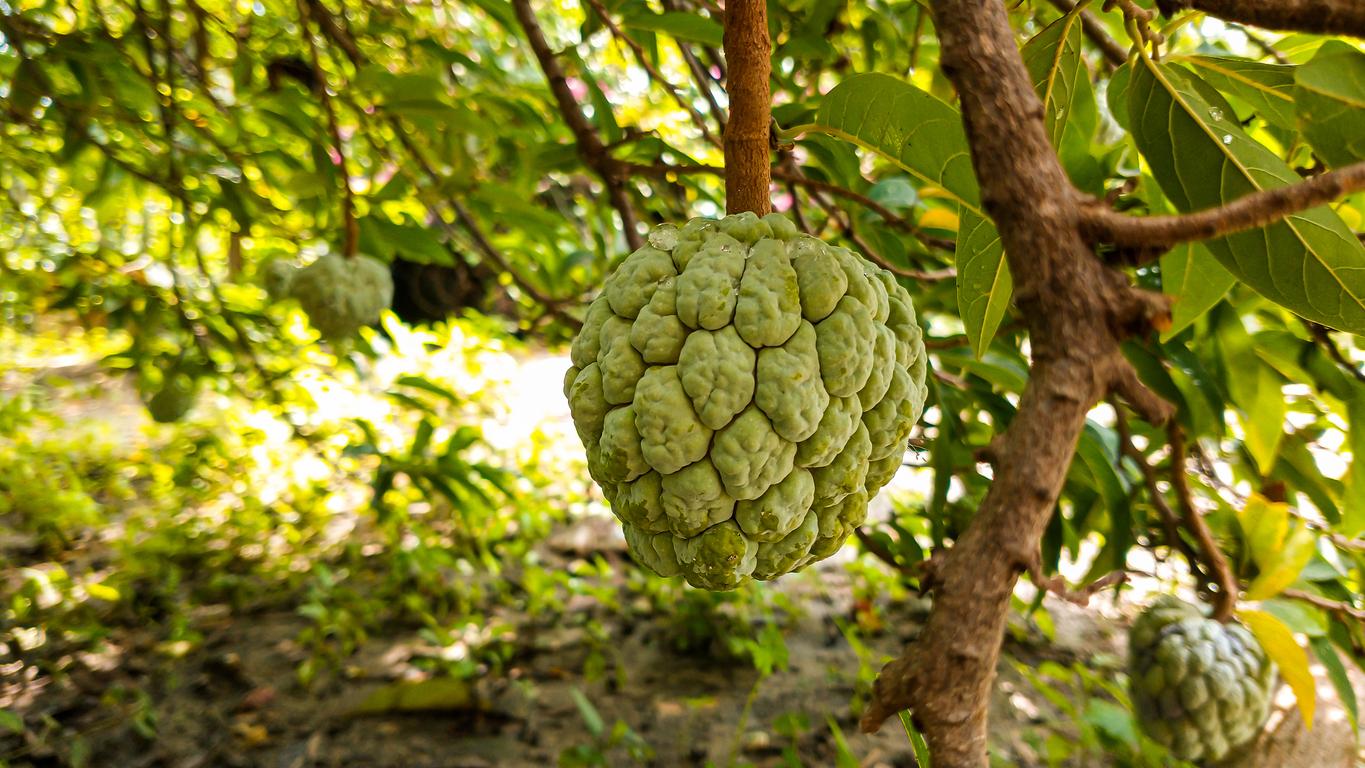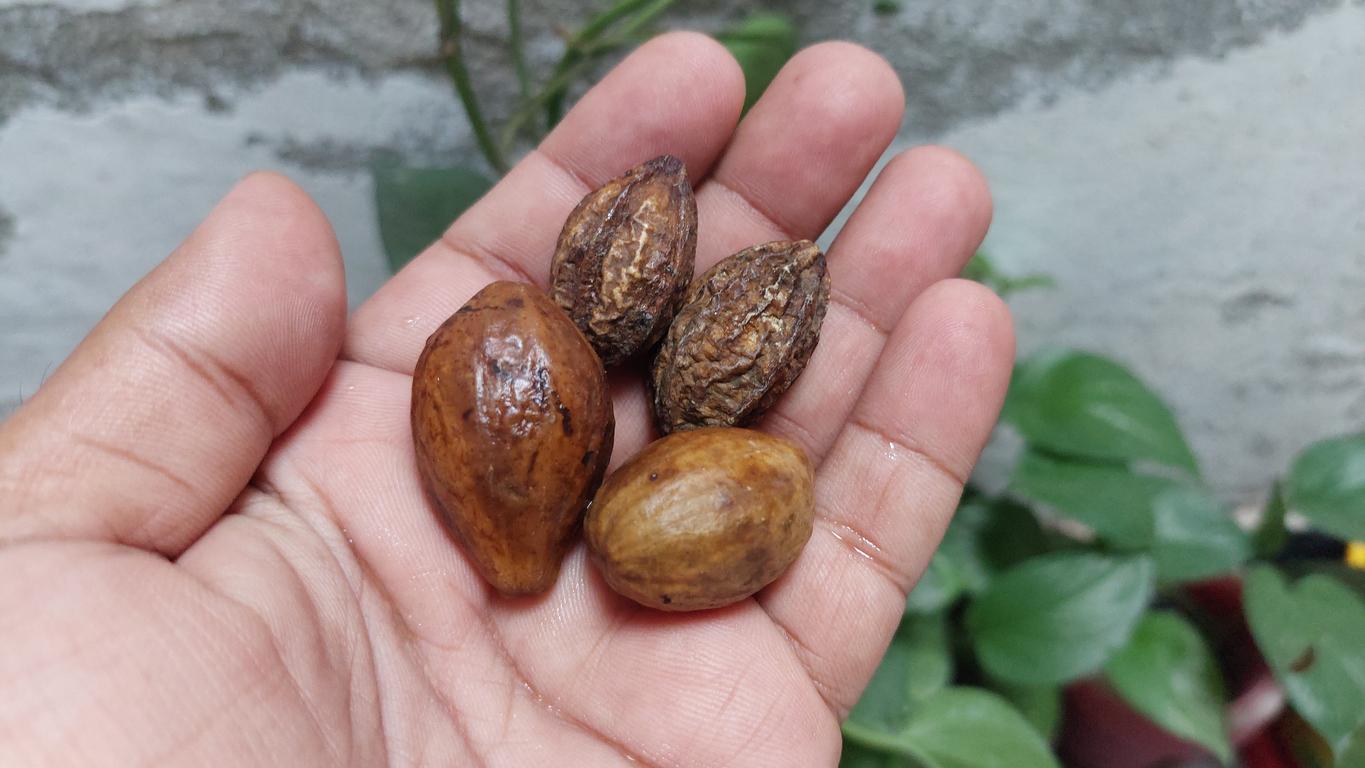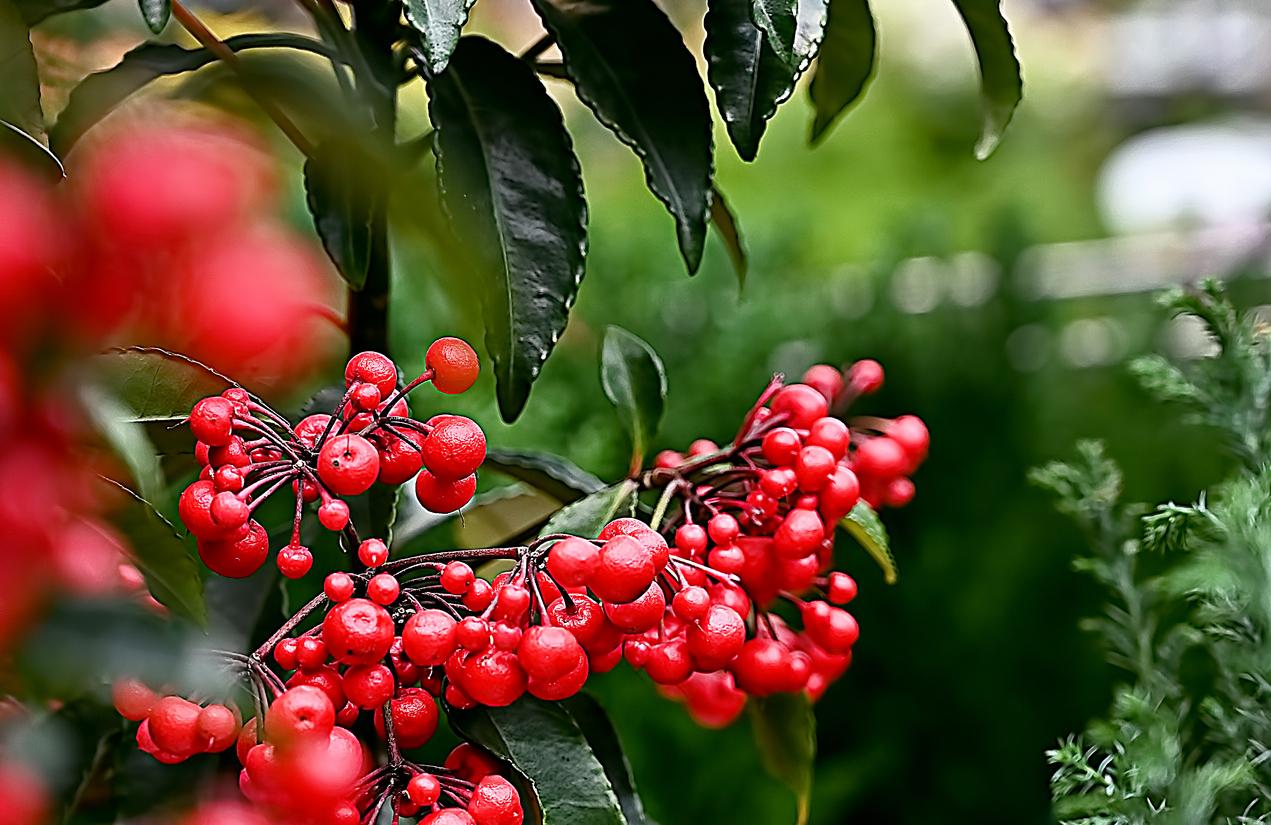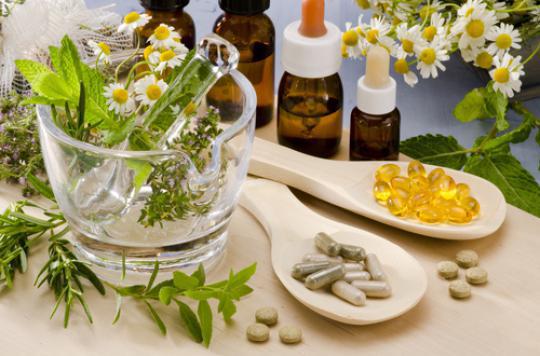
SURVEY – With 149 plants registered with the French Pharmacopoeia, phytotherapy represents a promising market. Half of the French would use herbal medicine. Practiced for millennia, it has made a real comeback in pharmacies in recent years.
Plants rather than chemistry. Nearly one in two French people say they use herbal medicine to treat themselves. Herbal teas, elixirs, powders and capsules have carved out a significant place in pharmacies, at a time when adverse effects are increasingly pointed out. While some advocate a return to nature, others opt for a complementary approach to allopathic medicine. Doctors themselves have taken hold of an old specialty which remains little recognized in France.
149 plants authorized in pharmacies
From his office in La Rochelle, Charente-Maritime, Dr Jean-Christophe Charrié (1) promotes herbal medicine. This general practitioner by training went to Tunisia to learn about herbal medicine. “I primarily use the medicinal plant as a therapeutic tool,” he explains. I use it according to its different symptomatic, endocrine or drainage properties. “
When establishing the prescription, Jean-Christophe Charrié is spoiled for choice: since 2008, 148 medicinal plants have been authorized for free sale in pharmacies. Myrtle and herbal tea mixes were added in 2013.
While some packaging may seem innovative, herbal medicine is not that much. It is even the origin of pharmacy. “Codeine comes from the poppy, and aspirin is derived from salicylic acid (from the willow, editor’s note) ”, Underlines Jacques Pothier, lecturer at the Faculty of Pharmacy of Tours (Indre-et-Loire). In fact, the first text on herbal medicine dates back to the Sumerian civilization which lived 5,000 years ago!
Gilles Bonnefond, President of the Union of Community Pharmacists: ” A whole series of drugs were herbal in bulk and then in the form of a dry extract because herbal teas were not always easy to ingest. “
A market worth 162 million euros
Around the 19th century, a shift took place towards modern medicine via molecules isolated from plants, such as morphine or quinine. “We are now experiencing a return to nature through plants,” says Gilles Bonnefond. At present, four types of products meet the designation of herbal medicine: bulk herbal medicines, pharmaceutical preparations, industrially produced herbal medicines and food supplements.
This return is far from marginal: for pharmacies, the market generated a turnover of 162 million euros in 2015, with constant progress since 2009. Some 22 million boxes or plants in bulk were sold. the same year. (2) It must be said that herbal medicine is rather well received: half of the French have confidence in these products. One in three students even say that they would be more motivated to take a treatment if it was herbal (3).
What is the key to success? Among the patients who consume herbal medicine, Gilles Bonnefond distinguishes two profiles. The former are followers of natural medicines in a more general way. “This profile of people who return to traditional techniques by conviction, culture or philosophy is progressing,” notes this health professional. The second profile, according to the pharmacist, seeks a complement to so-called allopathic medicine. “These are for example people who want to reduce the use of hypnotics because there is a dependence on these drugs,” he illustrates. Plants then offer an effective alternative that causes less addiction.
Effective but not without risk
Because unlike other alternative approaches, herbal medicine is recognized by the Academy of Medicine, and its effectiveness admitted. And for good reason: it uses the active principle of plants, in a very similar way to chemical drugs. “If it is effective, it means that there are active molecules”, summarizes Gilles Bonnefond.
Active but perhaps less toxic, in equal doses, than chemical drugs. In any case, this is what Jean-Christophe Charrié advocates. It must be said that pharmacovigilance feedback concerning this area represents less than 1% of adverse effects reported in 2015. “I do not exclude chemical therapeutic tools, which are very efficient, underlines the general practitioner. But they must be reserved for an exceptional medical prescription. I think we can cure 80% of the problems present in town medicine with medicinal plants, or even more. “
Jean-Christophe Charrié, general practitioner in La Rochelle: ” It seems difficult to me as a doctor to be a provider of disease. I was interested in more physiological approaches that accompany the repair process. “
The art of dosage is all the subtlety that must accompany the use of herbal medicine. Because the presence of an active principle means that an overdose is possible. “Used incorrectly, plants can induce side effects. It is a mistake to think that because it is natural, it is not dangerous, ”recalls Gilles Bonnefond. This is also why some are registered with the French or European Pharmacopoeia, which places them under the monopoly of pharmacists. This is particularly the case with St. John’s Wort, which interacts with many drugs such as oral contraceptives, anti-rejection or HIV treatments.
The role of health professionals is then to guide their patients on the proper use of products, especially if they are self-medicating. There is still one step for herbal medicine: to be taken care of again. In fact, plant-based specialists have not been reimbursed by Health Insurance since 1989… unlike homeopathy, which is however not recognized by the Academy of Medicine.
Jean-Christophe Charrié : ” Our patients contribute but do not have access to reimbursement, have access to a product whose VAT is more than 20%. The third penalty is that the consultation is not fully reimbursed. “
The National Medicines Safety Agency (ANSM), which regulates the market for herbal medicines, has however confirmed the success of herbal medicine: a page dedicated to these products will soon be created.
(1) Jean-Christophe Charrié is co-author of the book Treat yourself naturally all year round (PRAT / Prisma editions) with Marie-Laure de Clermont-Tonnerre
(2) Source: OpenHealth Company, real-time panel of pharmacy sales
(3) Source: Investigation into the place of phytotherapy in student life, for the State diploma of doctor of pharmacy, presented and publicly supported by Myriam de Paoli on December 2, 2013
.









